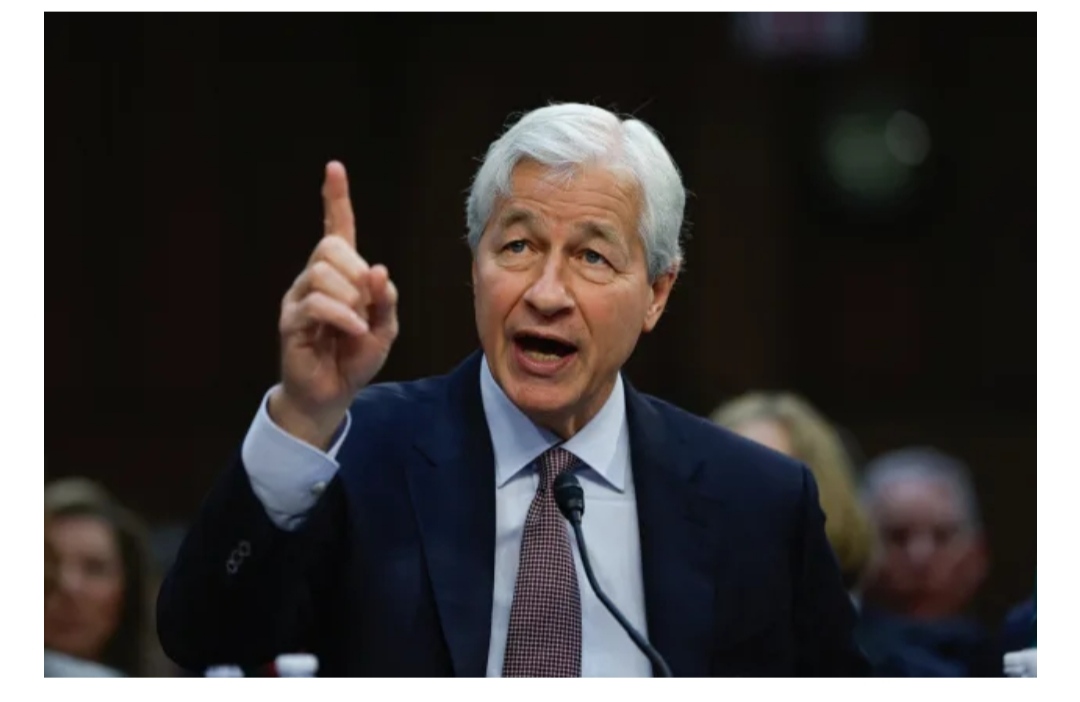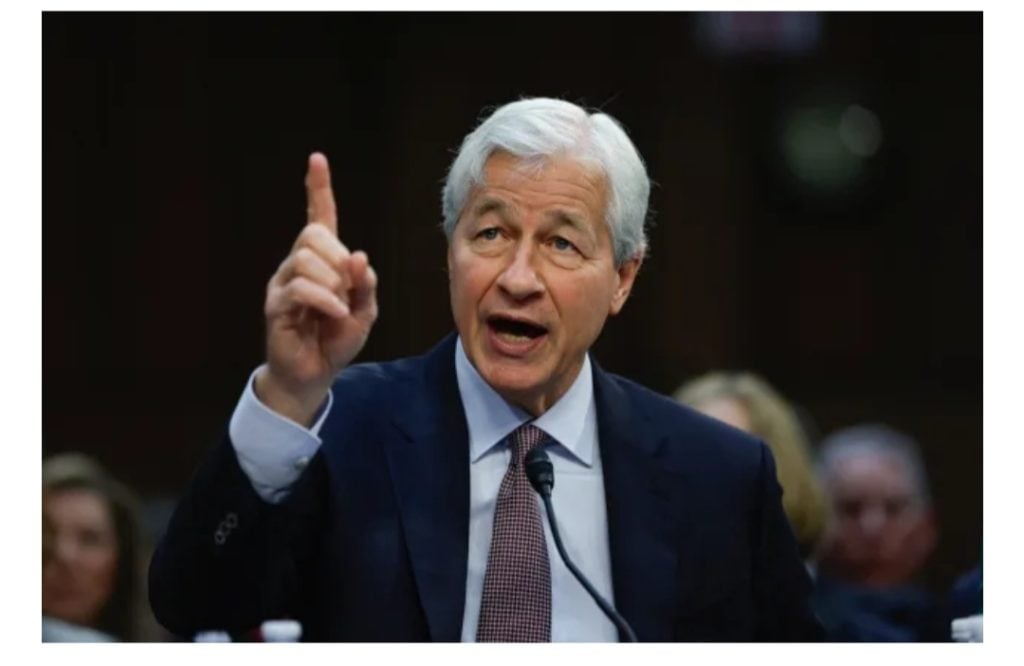As the conflict in Ukraine continues, a US Treasury Department delegation is visiting India to engage with decision-makers and Indian oil companies over the next steps in Washington’s proposed ceiling on Russian oil prices.
According to the US Treasury Department, Washington will “force” Russia to sell its petroleum at a lower price so that it may continue to take its natural resources, which will make it harder for Moscow to finance its war against Ukraine.
This was said by a delegation from the US Department of Treasury, which included Eric Van Nostrand, assistant secretary for economic policy, and Anna Morris, assistant secretary for financial crimes and terrorist financing, who are presently in India to talk about the policy’s future moves on the oil price cap, which was implemented in 2022 to restrict Moscow’s capacity to fund the fight in Ukraine.
The delegation has met with representatives of the Indian government and oil industry because Washington views India as a key ally and stakeholder in its effort to inform other nations about phase 2 of the oil price cap, which aims to keep the energy market and supply stable while forcing Russia to sell crude at a lower price.
Now is the moment for us to react to a new reality in which Russia has expanded the oil transportation network without compromising coalition services.
Phase 2 of the price cap is meant to react to that development by raising prices and making it more difficult for Russia to move oil outside of the coalition services network.
This will force Russia to sell more oil under the price cap with coalition services or, more crucially, to provide even greater discounts to other buyers worldwide who are not part of the coalition, Nostrand stated at an Anant Center event.
We acknowledge that trade with Russia outside of the G-7 group will continue to be strong. The price cap aims to alter the economic incentives of the Russian oil market in general, forcing Russia to lower the price at which it sells its oil, independent of the buyer’s affiliation with the G-7.
Russian Refined Oil Is Not Russian

Additionally, authorities from the US Treasury Department stated that once acquired crude oil is refined, it is no longer regarded as “Russian.” We are aware that the Indian economy stands to gain significantly from both the Russian oil trade and the interruptions to the world supply that the price ceiling is intended to prevent.
The price ceiling aims to keep Putin’s income in check and preserve the world’s oil supply, mostly by giving India and other allies access to Russian oil at a reduced cost, according to Nostrand.
“The price cap’s objectives are to restrict Putin’s income and preserve the world’s oil supply—basically, by setting up a system that would allow India and other allies to obtain Russian oil at a reduced cost. By those measures, the first year of the price cap was successful.
Russian oil continued to trade at a substantial discount to world oil prices, and the international oil markets remained well-supplied,” he continued.



